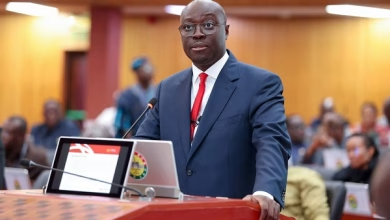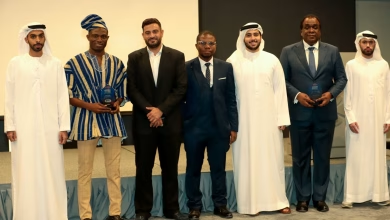Electrochem’s Songor Project Drives Ambitious Expansion

- The Project aims to dramatically increase Ghana's annual salt production
- Electrochem has secured a lease to develop the Songor Lagoon area
- The company also plans to develop 1,500 acres of adjoining land
The Songor Salt Project aims to dramatically increase Ghana’s annual salt production from around 250,000 metric tonnes to 1.5 million metric tonnes within the next four years.
This ambitious expansion could catapult Ghana from a minor player in the global salt market to one of the top 25 producers.
Electrochem has secured a lease to develop the Songor Lagoon area, a historically significant salt-producing region.
With support from the Minerals Income Investment Fund (MIIF) and plans to list on the Ghana Stock Exchange, Electrochem is investing heavily in infrastructure upgrades to support its ambitious production goals.
Balancing Development and Community Concerns
While the economic potential of the Songor Salt Project is immense, it is essential to address the potential impacts on the local community and the delicate ecosystem of the Songor Lagoon. Electrochem has committed to creating over 5,000 direct jobs and supporting an additional 12,000 in related activities.
The company also plans to develop 1,500 acres of adjoining land for community-operated salt pans, ensuring that local residents can continue to participate in the salt industry.
However, the project has faced resistance from some community organizations concerned about the potential negative impacts of industrial-scale salt production on their livelihoods and way of life. Electrochem has been working to address these concerns through dialogue and collaboration with local leaders.
IMANI Advocates for Stronger Government Regulation
The think tank IMANI has called for a more active role for the government in managing Ghana’s salt resources. IMANI argues that a stronger regulatory framework is essential to ensure the sustainable development of the industry and maximize its benefits for the country.
IMANI’s recommendations include the establishment of a dedicated regulatory body for the salt industry, the creation of a Ghana Salt Producers Registry, and the development of guidelines for salt mining operations of all scales. Additionally, IMANI suggests that the government should take a more active role in supporting local communities and ensuring that they benefit from the development of the salt industry.






